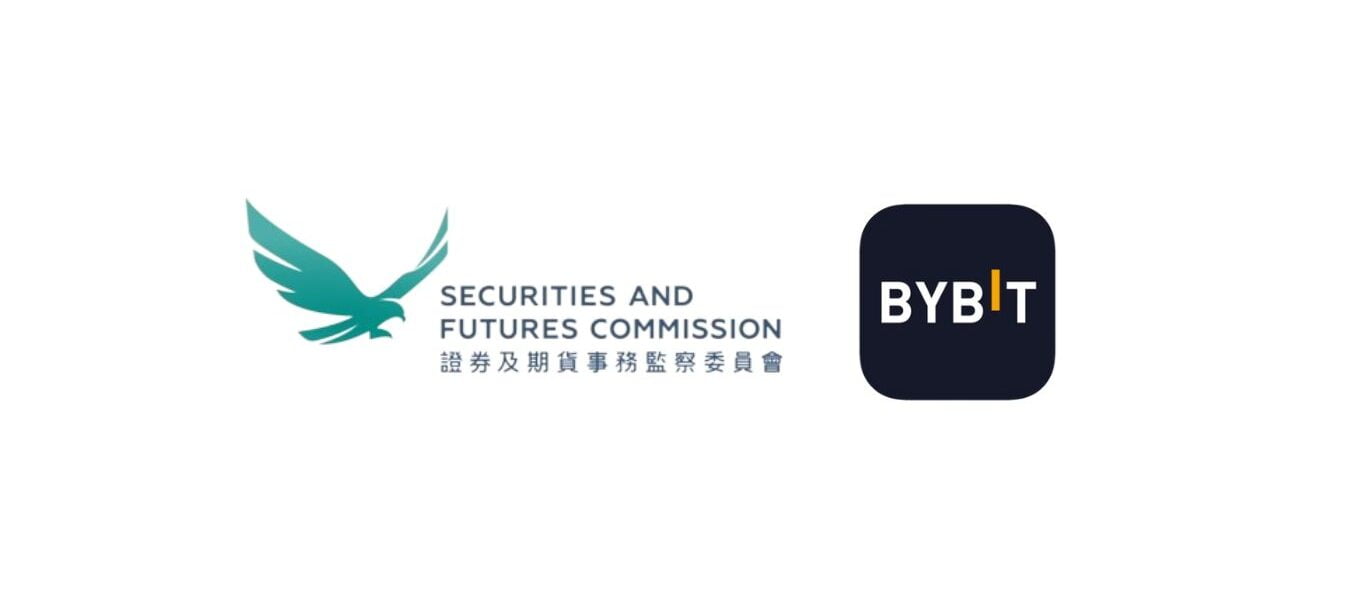Hong Kong Securities and Futures Commission (SFC) has fired a warning shot at Bybit, a virtual asset trading platform. The SFC suspects Bybit offers several crypto products – futures contracts, options, leveraged tokens, and unique investment schemes like Dual Asset and Shark Fin – without the necessary licenses, posing a significant risk to local investors.
This move clarifies Hong Kong’s stance on regulating the burgeoning crypto industry. The SFC emphasizes that platforms need proper licenses for specific activities. The regulator believes Bybit’s offerings might be classified as “futures contracts” or “securities” under the Securities and Futures Ordinance (SFO), necessitating a license to operate legally.
The SFC warns that using unlicensed products like Bybit’s carries substantial risks. Investors could face an uphill battle seeking compensation if the platform collapses or assets are misused. The difficulty is compounded by the potential lack of a strong legal connection between Bybit and Hong Kong, making lawsuits a daunting prospect. To raise awareness and protect investors, the SFC has added Bybit and its questionable products to its Suspicious Virtual Asset Trading Platforms Alert List.
The SFC’s action underscores Hong Kong’s commitment to enforcing regulations against unlicensed activities in the crypto space. This approach aims to strike a balance – protecting investors while fostering Hong Kong’s ambition to become a global hub for crypto and virtual assets. The Bybit warning follows a similar action against BitForex, highlighting the SFC’s vigilant monitoring of crypto exchanges operating within its jurisdiction.
By focusing on licensing and regulations, the SFC ensures adherence to legal guidelines governing how crypto-related products are traded and promoted within Hong Kong. These alerts serve a dual purpose: discouraging unlicensed operations and safeguarding the integrity of Hong Kong’s financial markets. Investors in Hong Kong are urged to exercise caution and only deal with licensed platforms to mitigate risks associated with unlicensed crypto products.
Also See: Bitcoin Hits New Highs, Is $83,000 Next?





